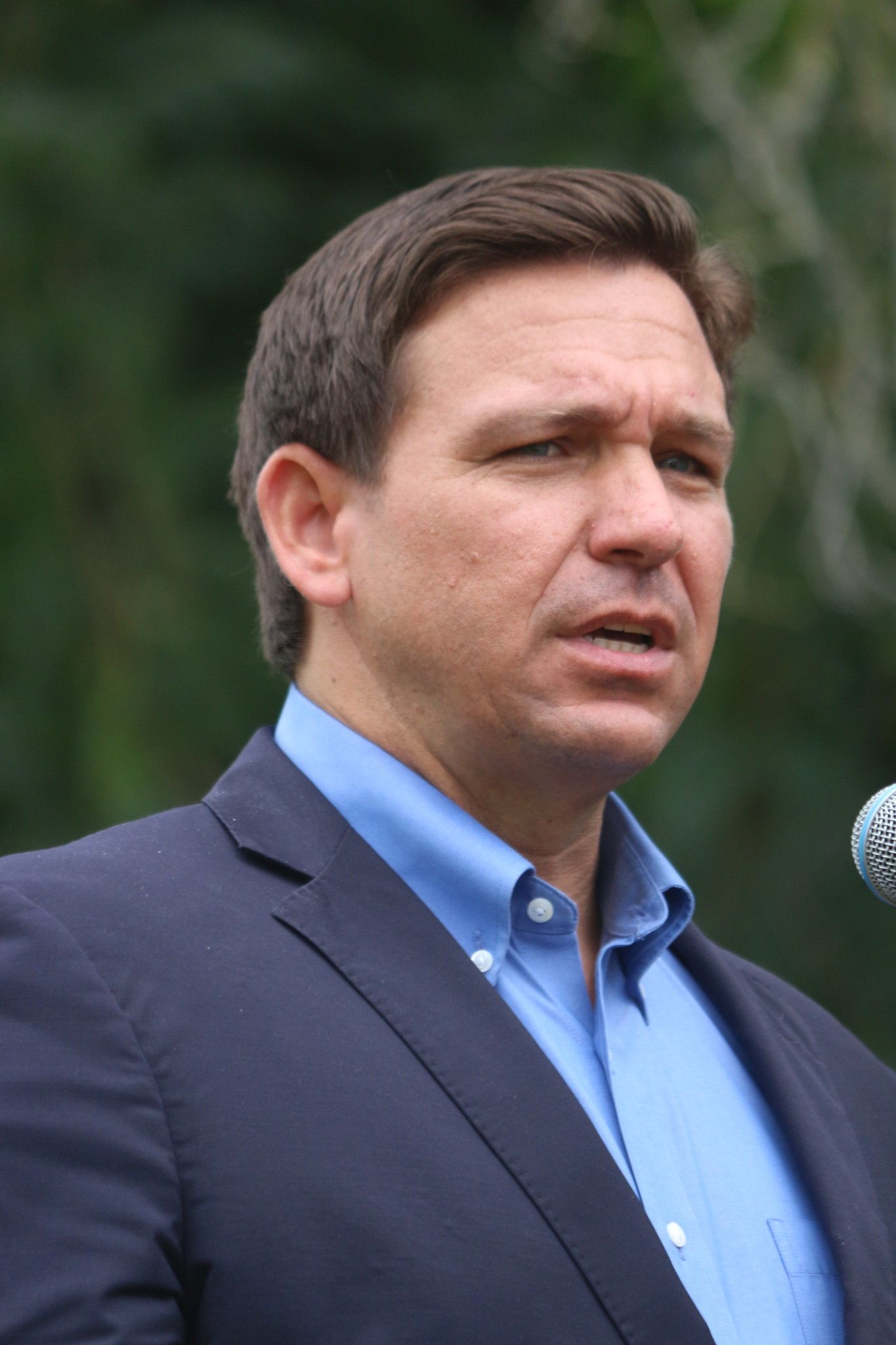Florida Gov. Ron DeSantis proposed a paycheck protection bill, which sparked criticism from unions in the Sunshine State. Paycheck protection is one way for states to ensure that workers have the right to opt out of deducting, out of their paycheck, mandatory membership dues and agency fees to unions that workers do not agree with.
DeSantis announced the Teacher’s Bill of Rights, which includes the enactment of paycheck protection, the reduction of school board members’ terms down to 8 years from the current 12 year term, and “invest $1 billion in teacher pay.”
“This is a huge package to increase teacher pay, support teacher empowerment and protect teachers’ paychecks by ensuring they have control over their hard-earned salary,” DeSantis said, “We want more transparency into how school unions operate, and we are going to fight against school union haggling that holds teachers and their salary increases hostage. Partisan groups should not be given special privileges.”
The proposed paycheck protection portion requires school unions to represent “at least 60% of employees eligible for representation” (increasing the threshold from 50%), require annual audits and financial disclosures for unions, and permit Florida to investigate unions over suspicions of fraud, waste, and abuse. It also includes the following:
- Bar unions from deducting dues and assessments,
- Require public employees to submit a form that acknowledges Florida’s status as a Right-to-Work state and that union participation is optional,
- Require school unions to notify its members of the membership cost on an annual basis,
- Prevent unions from distribution union materials in the workplace,
- Limit union officials’ pay, where union officials cannot be paid more than the highest-paid union member,
- Bar union work “while on the clock for their taxpayer funded job,”
- Ban on personal or work-related benefits for school board members or school superintendents from a school union.
The Florida Education Association (FEA), the state affiliate of the National Education Association (NEA), criticized the proposed paycheck protection bill. FEA President Andrew Spar said, “While Gov. DeSantis seeks to punish and divide, we seek to unite.” He added, “Our schools don’t need to go back to 1950; we need to move forward toward 2050. Florida’s students deserve strong public schools.”
The FEA statement claimed union membership supports strong public schools and noted “more than 150,000 teachers, staff and professors in Florida” joined a union. Spar said, “Teachers and staff are leaving at an alarming rate, in large part due to the policies implemented under Gov. DeSantis.”
Although FEA presented a case for supporting public schools, the union did not explain how paycheck protection will negatively impact teachers, parents, students, or unions.
Meanwhile, in Pennsylvania, House Bill 2048 proposed the same concept to prevent unions from turning membership dues into political campaign contributions. The bill stated, “A public employer may not deduct from the wages of a public employee money or funds to be used for a political contribution.” It added that a collective bargaining agreement cannot “contain any provision authorizing or requiring the deduction of a political contribution.”
As Florida and Pennsylvania’s paycheck protection efforts show, public employees want to exercise their First Amendment rights to not be coerced to pay union dues or fees to political causes they do not agree with.
